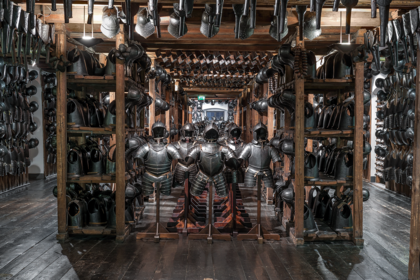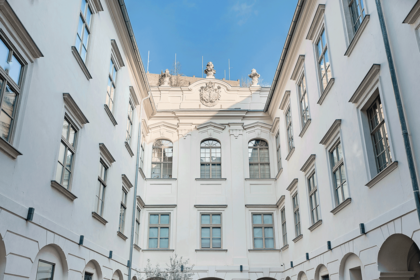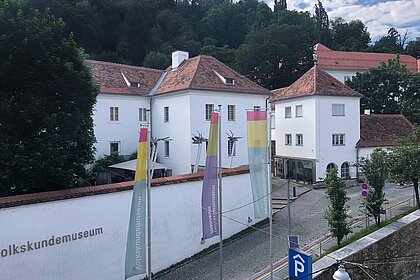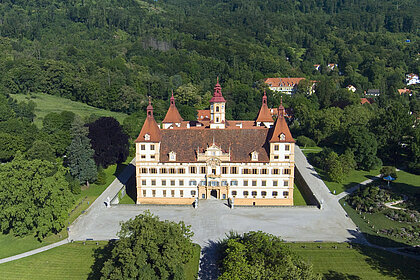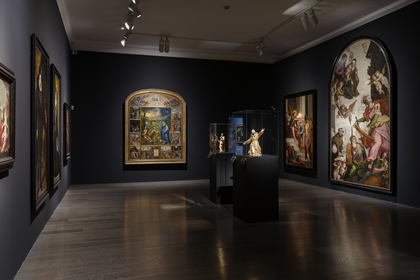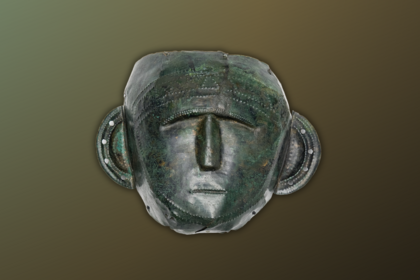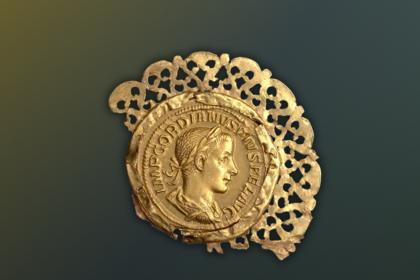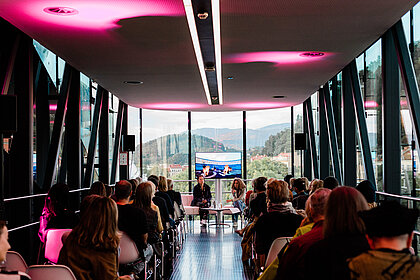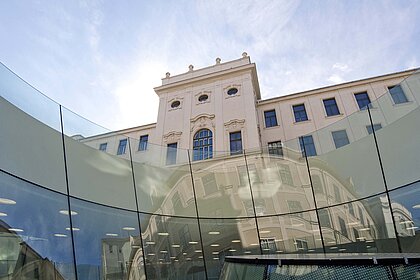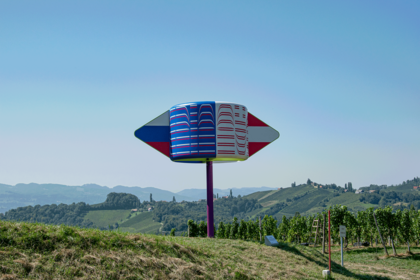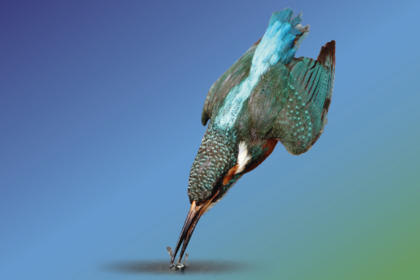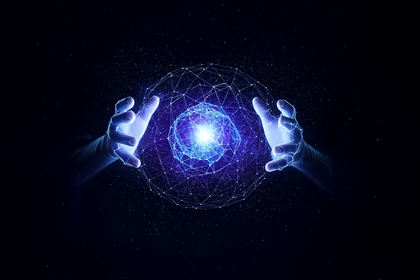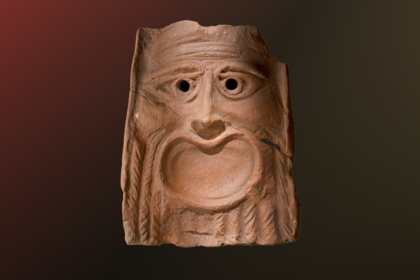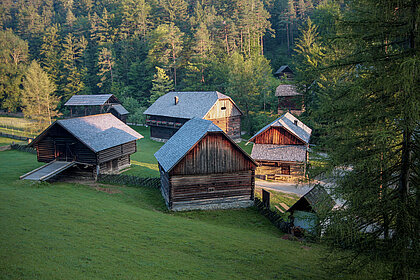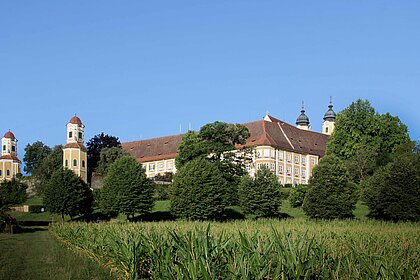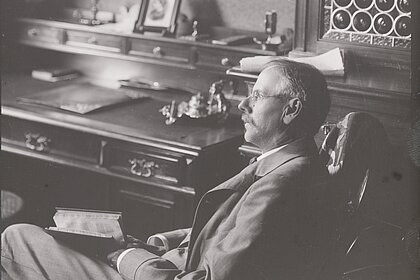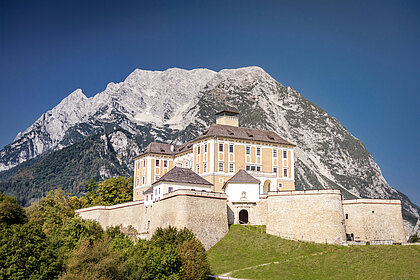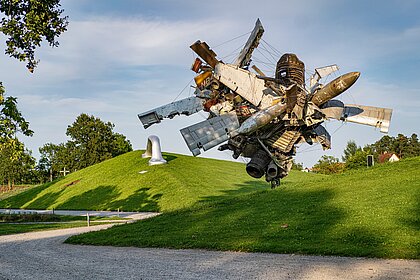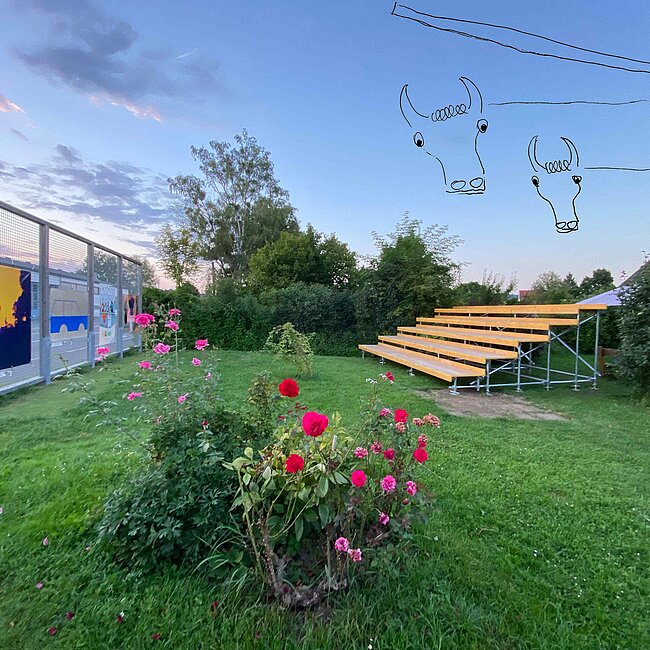In 2024, another metamorphosis is taking place: The screen-like metal grid walls in the driveway will mutate into a shelter for farm animals and be placed on the other side of the house. Additional objects will arise there, such as a drinking trough, a manger and a fence, which are both sculpturally legible and usable for the animals. The artist Lukas Weithas, who has many years of experience as a herdsman and dairyman on a Swiss alpine pasture, will look after the animals.
On the front side, opposite the continuous metal grid wall, now on the inside of the property, is Hans Schabus’s grandstand, which was built in 2023. From here the view is directed over a biodiverse field, designed by Gabriele Sturm and serving as a stage for performances, concerts and activities, to the street behind it.
The artist will regularly examine the vegetation and soil, carry out analyses based on conversations with neighbors, and observe and accompany the newly emerging vegetation on the ground. Flora and fauna become the protagonists of the project in their autarchy and in juxtaposition to the habitat cultivated by humans.
Under the title CARE, Gabriele Sturm, Lukas Weithas and Alfred Lenz will visibly raise questions about cycles, welfare, care, cooperation, worries, dependencies, nature and culture in a ten-day action on this small farm that has fallen out of time.
artists participating in the banner exhibition:
Dona Aalipour, Catrin Bolt, Herbert De Colle, Michael Fanta, Daniel Ferstl, Barbara Anna Husar, Konrad Kager, Nadine Lemke, Evelyn Schafzahl, Anna Vasof, Nicole Weniger and Micha Wille
